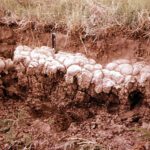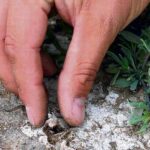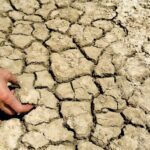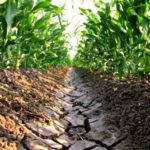The soil is a very fragile natural resource, contrary to what we might think, it is affected by many factors. One of the great disadvantages that the use of land for agriculture has is its slow, very slow creation and almost impossible regeneration; Soil has been formed throughout the Earth’s history from bedrock and weathering processes that break it down into smaller particles. The foregoing is a great disadvantage, since if a rain, wind, landslide, etc., wash it or take it from one place to another, it is very difficult for it to be replaced.
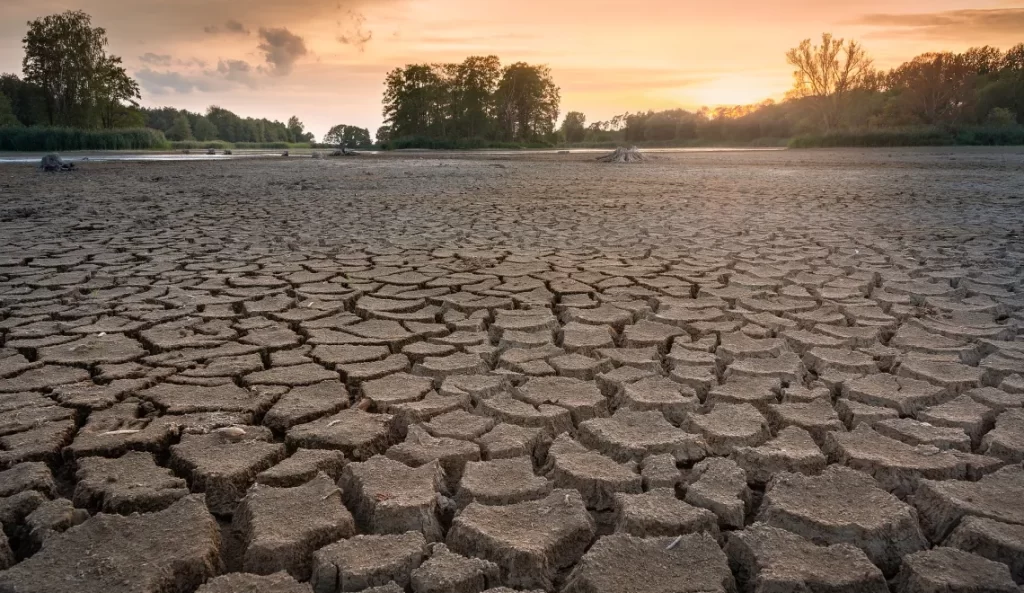
In intensive and semi-intensive agriculture, the soil is fundamental, obviously we must exclude from this premise agriculture that is done in substrates or in hydroponics, aquaponics, aeroponics, among others, since these do not work through the soil as a base. for planting. Returning to the topic of soil agriculture; the intensive or semi-intensive type, to replenish the fertility that the soil loses cycle after crop cycle (remember that the plants will extract the nutrients they need from the soil solution and that in turn the solution obtains the nutrients than the colloids that form said soil) are usually applied constantly, sources of nutrients, whether chemically synthesized, minerals or mixtures of them. We know these nutrient sources as fertilizers and they are very varied.
However, these fertilizers not only contain the nutrient that we need, they are generally chemical compounds that have other elements, for example: Potassium Chloride is a good source of Potassium, since it contains 60% K2O, in other words, every 100 kilos of Potassium Chloride fertilizer provide 60 kilos of K2O, but what about the rest? Where does it go? Well, the rest of this fertilizer is actually chloride that decomposes into salts that usually stay in those soils.
The above is one of the causes of salinity in the soil, there are also others, such as salinization by irrigation water or because the soils are naturally saline. Saline soils are those that have excessive concentrations of soluble salts (chlorides and sulfates), these concentrations usually affect the normal development and crop yield.

The effect of soil salinity on crops
The effects on crops depend both on the tolerance of each species and cultivar, as well as on its development stage.
The accumulation of salts more soluble than gypsum in the seedbed can cause a delay or inhibition in emergence, a smaller size of the plant, necrosis in the leaves, decreased yields and the death of the plant before completing the cycle. This could be due to osmotic effects that hinder water absorption (physiological drought) and to ion-specific effects that cause different toxicities.
The increase in the saline content of the soil produces a delay and decrease in the rates of germination, emergence and initial growth, and can even cause the death of the seedlings. Inhibition of endogenous plant auxins. Increased production of abscisic acid and ethylene by the plant.
In addition to the above, the plants, in soils with salts and with little washing of them, can present the phenomenon of stress. Stress is identified as a significant deviation from optimal conditions for life. These conditions cause changes in all functional levels of organisms.
In the case of crops in saline soils, stress is caused by sodium toxicity, and is reflected as an accumulation of this element, mainly in the leaves.
The accumulation of Sodium in leaves is not fast, it needs some time to be reflected, especially in the margins of these, for this reason, in woody crops it is where these symptoms are mainly observed, as in avocado and grapevine, but this is not it means that annual crops are not affected. In annuals, stress originates from the causes listed above, especially osmotic effects that alter water assimilation, effects on germination and development.
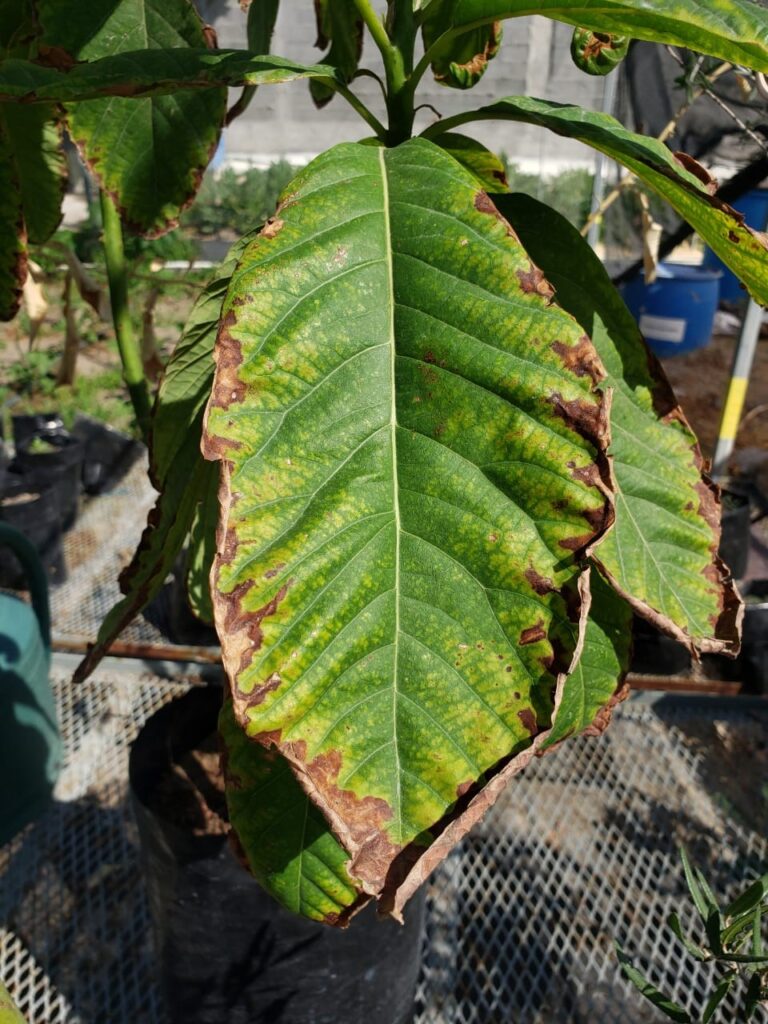
SaltAway is a product made from carboxylic acids and highly acid reaction sources, which “bomb” Sodium and salts in general from the soil, displacing them, in addition to lowering the pH of the rhizosphere to allow the activation of Calcium found naturally in the soil and thus reducing salinity and sodicity problems.
Biotika Saponin is a product made from steroidal saponins, very useful in the management of saline and sodic soils, since they promote the penetration of water and the capture and insolubilization of salts present in the soil solution.
 AgronoBlog – Agriculture Blog
AgronoBlog – Agriculture Blog 